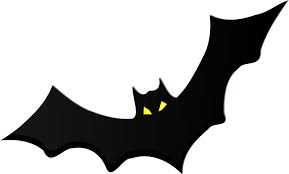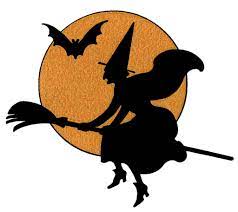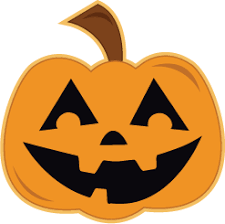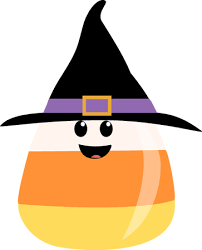By Jada Fox
Have you ever wondered about the origin of Halloween? Where did this spooky and delightful tradition originate? Is Halloween currently celebrated in the same manner it was 100 years ago?
On the 31st of October, we celebrate Halloween, which is an annual celebration. During the day, youngsters go to school and live their lives, which are filled with excitement for the next night. Parents prepare their decorations and meals at home anticipating the night as well. Things start to shift as the sun sets; youngsters start to transform into frightening ghouls, and literary figures begin to become real. Mummies, vampires, zombies, and other supernatural creatures appear to be roaming the planet! What is causing this?
Halloween originated as a Festival of Samhain from the Celtic people over 2,000 years ago. The Festival of Samhain is part of Celtic Tradition. The Celts believe on this day the barrier between the living and the dead was the thinnest so the ghosts could wander and roam the earth as they pleased. The evening before this took place was called “Hallows Eve” this later turned into “Halloween”. This day signified the end of summer and harvest, as well as the start of the dark, frigid winter, which was traditionally connected with human mortality. To prevent this the Celts dressed up in costumes and danced around a bonfire to ward off ghosts. During these bonfires, the Celts would sacrifice animals and burn crops to their deities. The Celts would also blacken their faces with ashes from the fire to deceive the ghosts. This later turned into the tradition of wearing masks.
Despite the fact that this is the major basis of the Halloween celebration, new Halloween concepts were brought to America from different sources. As the beliefs and customs of numerous European ethnic groups and Native Americans intermingled, a uniquely American version of Halloween was born. This new idea of Halloween included the tradition of telling ghost stories, telling your fortune, and dancing and singing. The idea of trick-or-treating stemmed from European traditions. Trick-or-treating evolved from the practice of dressing up in costumes and going door to door asking for food, money, or something other donation. By the 1900s, the holiday of Halloween became more about the importance of community and togetherness than mischief and ghouls. This belief grew into the Halloween celebration that we all know today.



